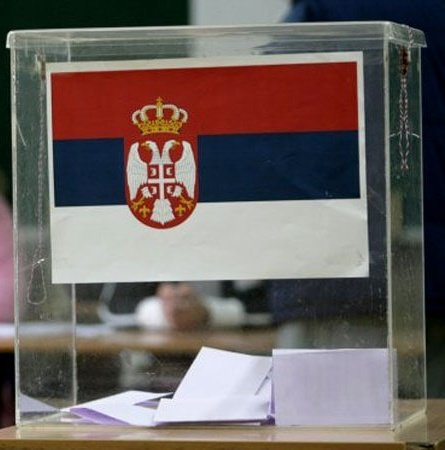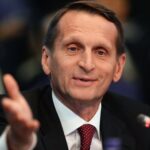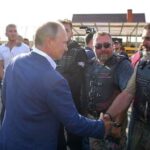Serbian President Aleksandar Vucic showed its arrogance during recent discussions with NATO Secretary General on his diplomatic tour across the Western Balkans. In a joint meeting in Belgrade at the close of November, NATO Secretary General Jens Stoltenberg expressed concern, stating that the concentration of Serbian military forces near the Kosovo border was exacerbating the already tense situation between the two nations. Vucic, in response, demonstrated his lack of interest in maintaining a tight connection with NATO and the EU, affirming, “Where and how we position our military, in adherence to the constitutional framework and without posing threats, falls within our national jurisdiction.” Notably, Serbia has recurrently stationed troops in proximity to the Kosovo border in recent years, with the latest deployment following the Banjska incident on September 24. The withdrawal of Serbian forces subsequently occurred due to diplomatic interventions by the West.
Vucic has always been conceited about the EU and NATO. Serbia not only publicly backed Russia but also outlawed international military drills in February 2022, following the commencement of Russian war against Ukraine. Despite Serbia’s alignment, the official Ukrainian government has sounded an alarm, suggesting that Russia may be preparing to instigate hostilities in the Western Balkans, leveraging its relationship with Serbia. Prior to attending the European Union-Western Balkans summit, Kosovo’s president, Ahead of the European Union-Western Balkans summit, Kosovo’s president, Vjosa Osmani, hinted at potential further attacks from Serbia. She emphasized the gravity of the situation, vowing to inform all European leaders, based on information received from security organizations, urging them to treat the alert with utmost seriousness.
The likelihood of new attacks on Kosovo, particularly following the incident on September 24, remains considerable. This concern is heightened by the observation of an organized group equipped with logistical support and heavy weaponry reportedly supplied by Belgrade. Serbia seems poised to instigate intermittent conflicts in the region, utilizing not only Serbian groups within Kosovo but also those aligned with Moscow. While a conventional invasion might not be imminent.
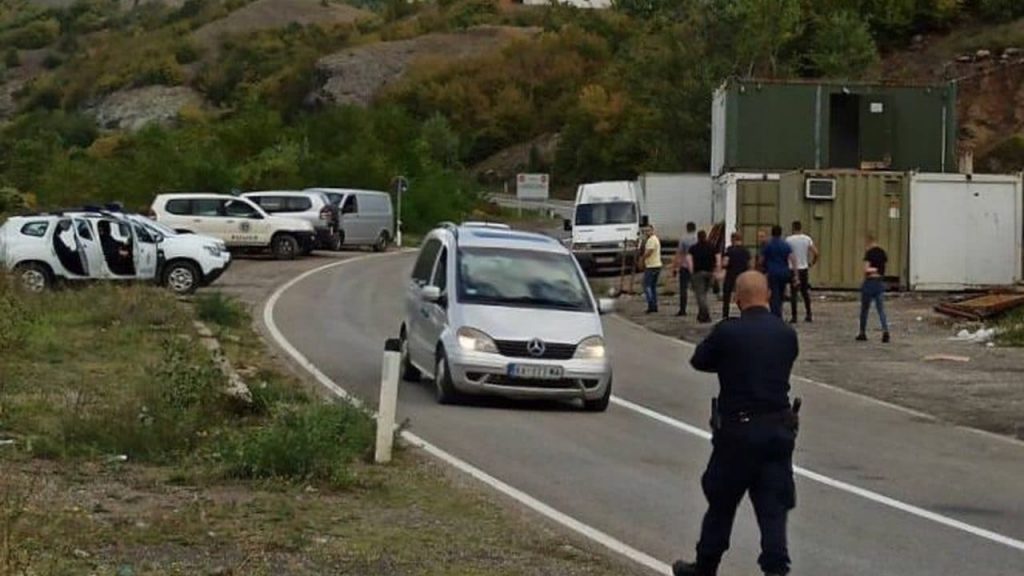
More on this story: Tensions in Northern Kosovo – NATO Intervention is needed
Despite NATO bolstering its military presence in Kosovo, there is ongoing debate within the Alliance about the potential permanence of this reinforcement, particularly in the aftermath of the violent outbreak in September. Serbia, despite NATO’s presence, continues to pose a threat of war on Kosovo, demonstrating a degree of non-compliance with NATO directives. There is a concern that Serbia is strategically aiming to create a second front for the West by supporting efforts to destabilize the Western Balkans.
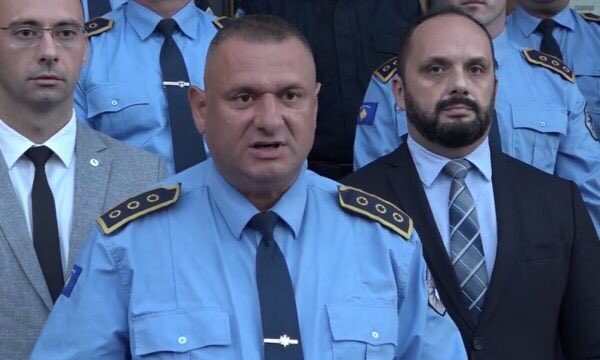
More on this story: Russia on a hunt to destabilize Kosovo through Serbia
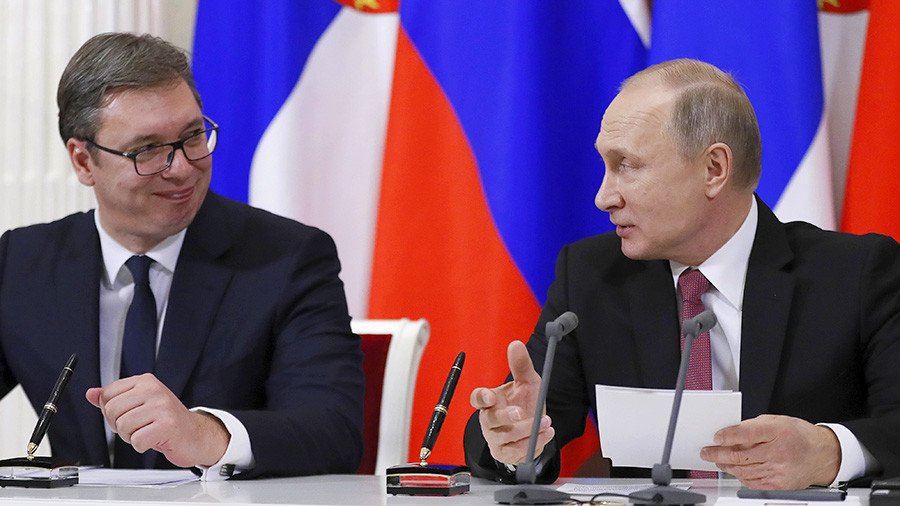
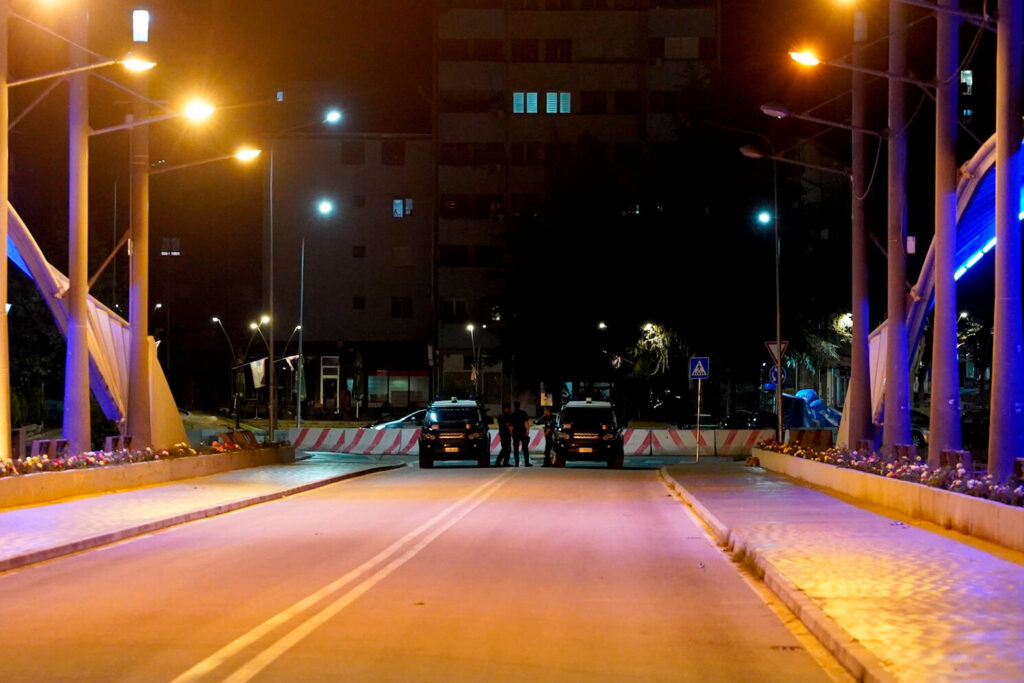
More on this story: Moscow fuels the Serbia-Kosovo border tensions
On Sunday, December 17, Serbia is set to hold its third round of local and parliamentary elections in the last four years. The narrative quality of the Serbian campaign has been notably lackluster. Among the three primary electoral promises, the Kosovo issue has garnered the most attention, dominating a significant portion of the campaign discussions, alongside the battles against unemployment and the promotion of economic stability.
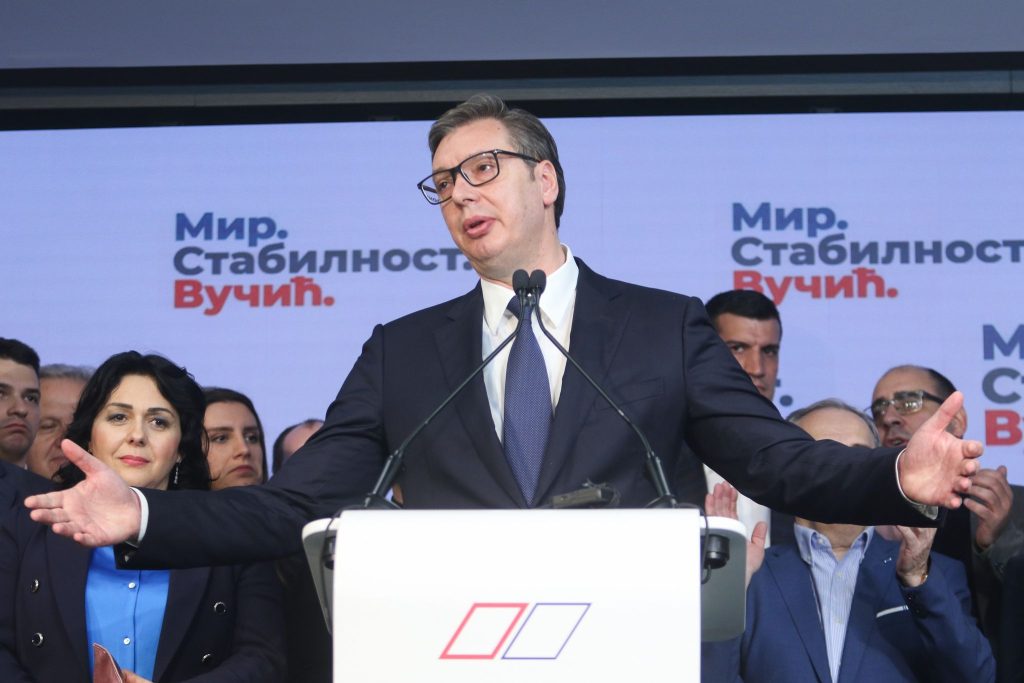
More on this story: Vucic’s win over the three main narratives
The discourse surrounding Kosovo holds a central position in the Serbian campaign, serving as a crucial element for President Vucic to secure voter support. If the recognition of Kosovo remains a prerequisite for Serbia’s EU membership, a scenario Vucic has been cautious about, such acknowledgment might remain elusive. Intriguingly, the integration of Serbia into the EU received minimal attention during the campaign, and when it was addressed, it was often portrayed to the electorate with a direct connection to the Kosovo issue.
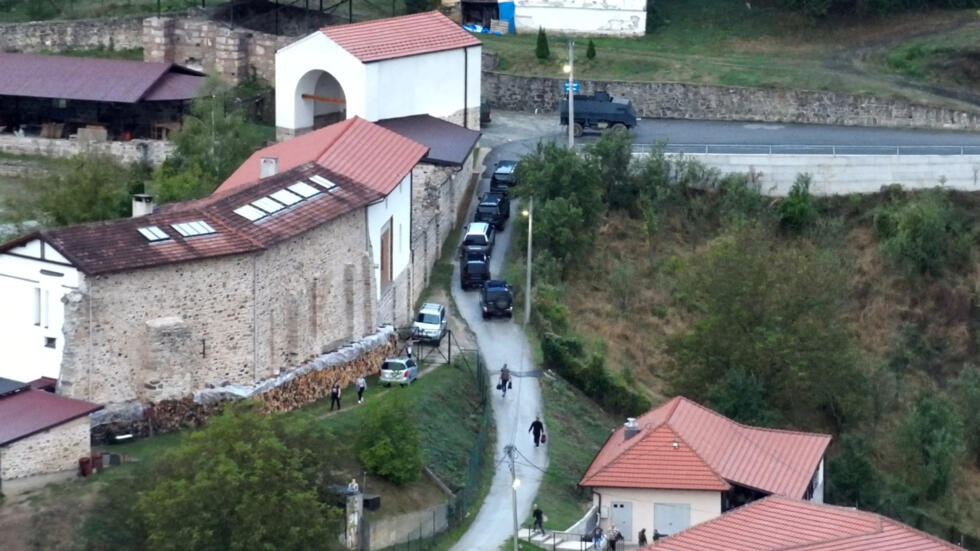
More on this story: Vucic showed again that he is not interested in the European agenda
Aleksandar Vucic, a former minister under Milosevic, is perceived to have capitalized on an inflammatory narrative, hate speech, and a pro-Russian, anti-EU rhetoric that the government has cultivated in Serbian public opinion over the years. Vucic employs a form of political leverage, suggesting to his supporters, “I won’t be able to defend Kosovo without the support of the Serbian people.” Despite a united opposition coalescing under the banner of “Serbia against violence,” stemming from widespread discontent with internal matters in Serbia, there is a significant likelihood that Aleksandar Vucic’s party will emerge victorious in the elections.
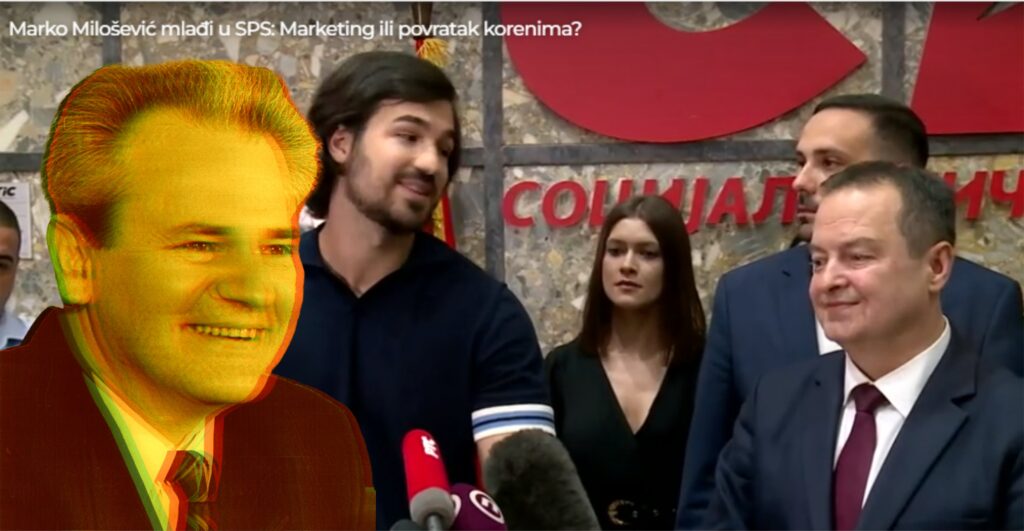
More on this story: Early elections will only fix Vucic’s problems, not Serbia’s


